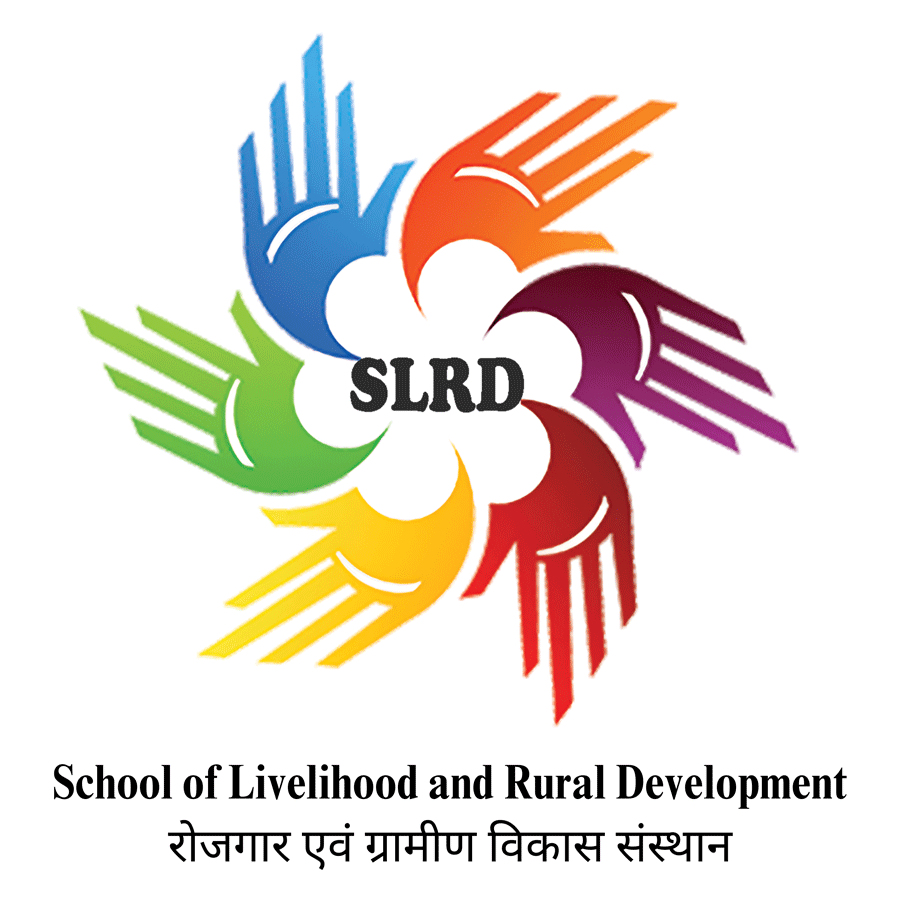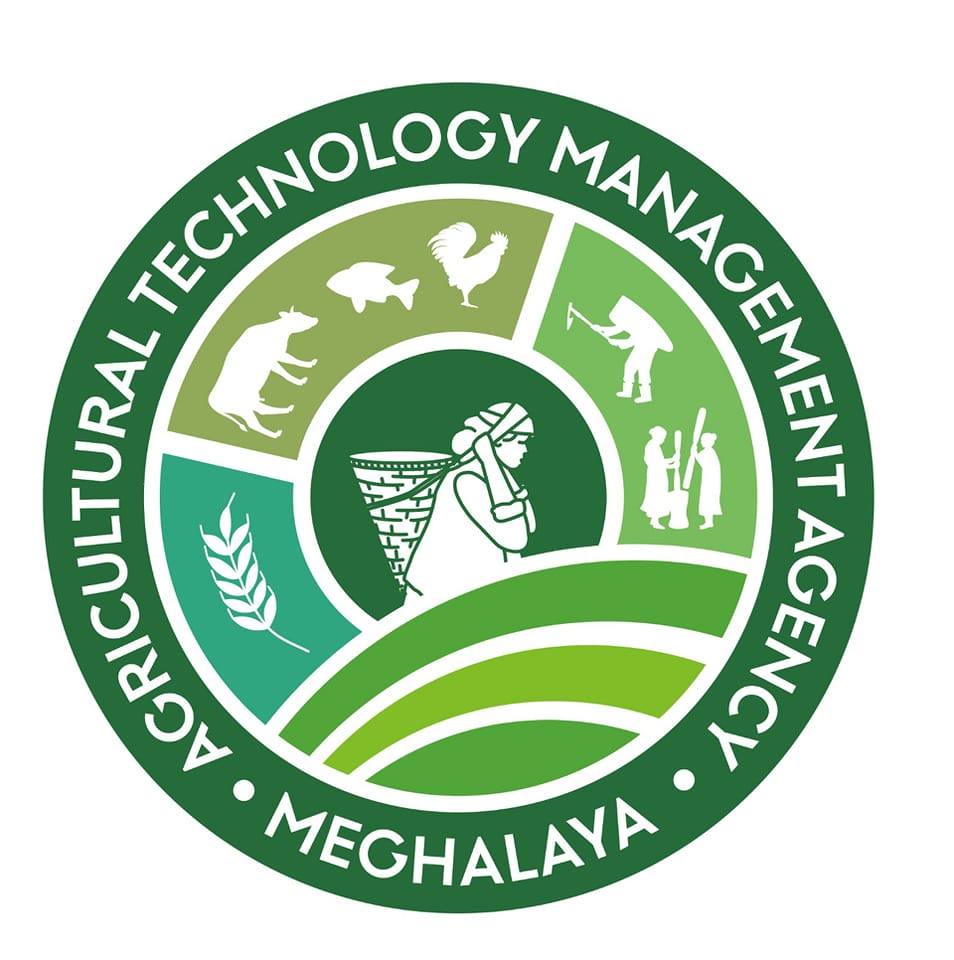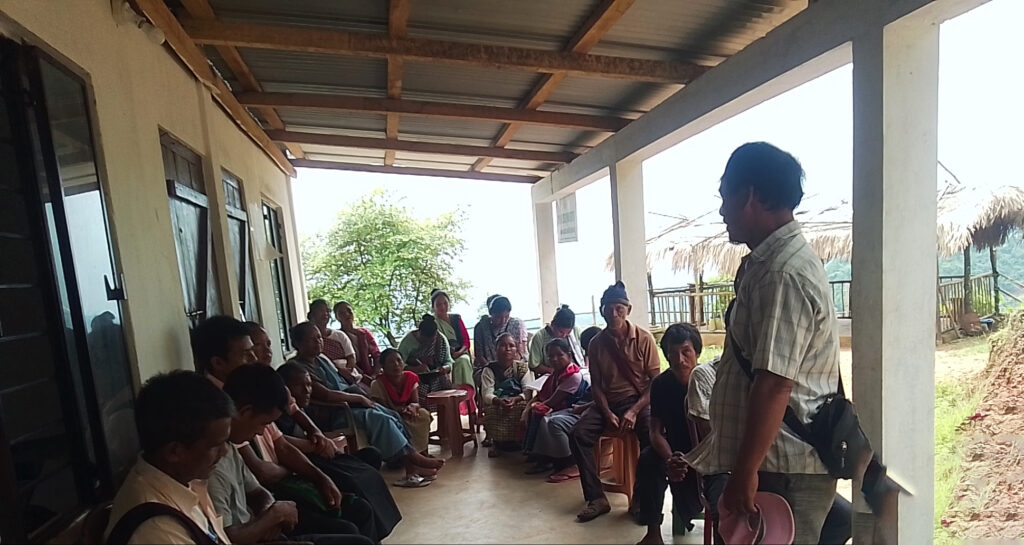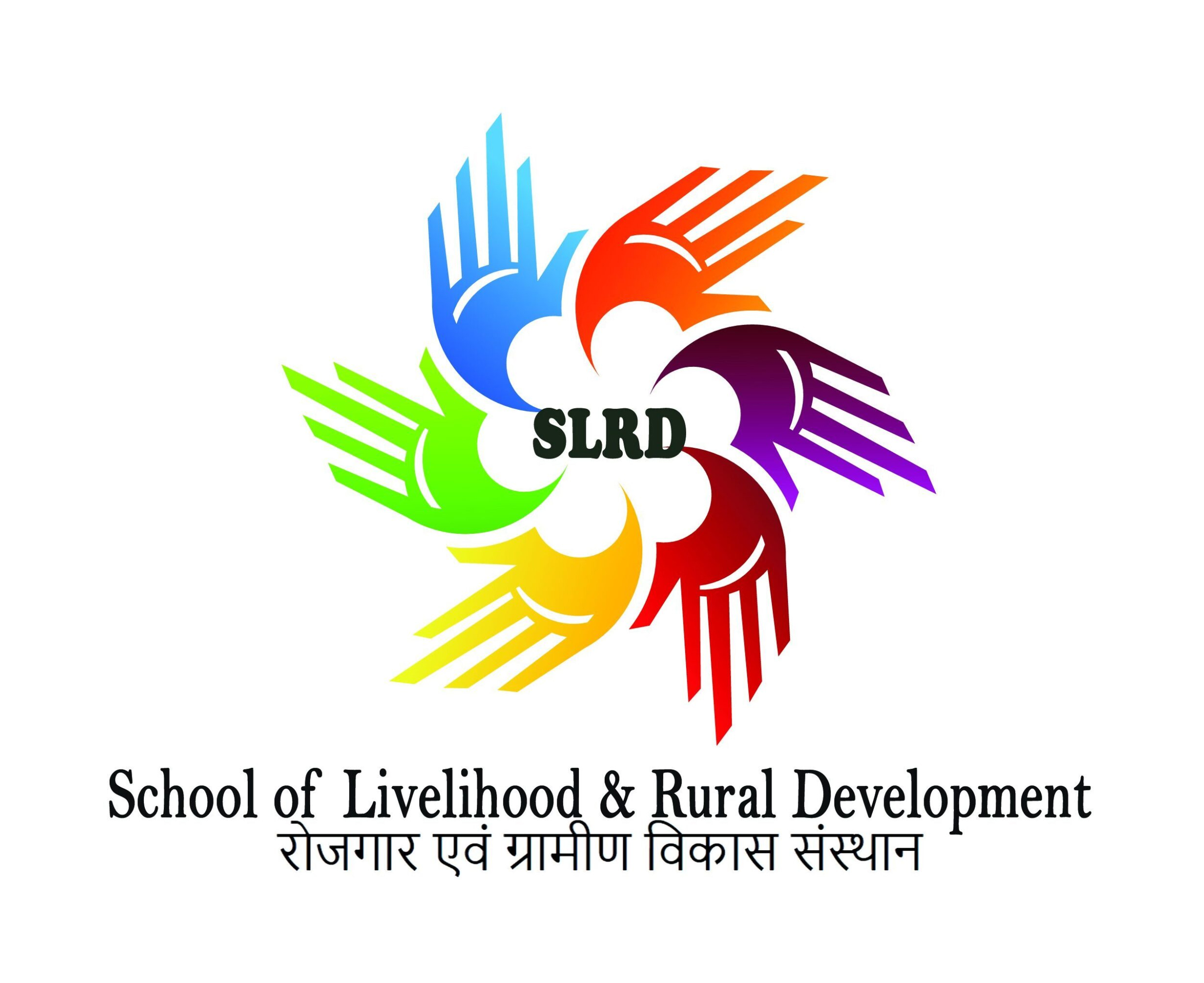Ri-Bhoi, Meghalaya | 29th–30th July 2025




The School of Livelihood and Rural Development (SLRD), in collaboration with the Agricultural Technology Management Agency (ATMA), successfully conducted a two-day practical workshop on Permaculture at the Western Ri-Bhoi Farmers Producer Co-operative Society, Mynnar village. The programme aimed to familiarize farmers with the principles of permaculture—an ecological design system that integrates traditional knowledge with sustainable farming practices.
Understanding Permaculture in Local Context
Ri-Bhoi’s mid-altitude terrain, fertile soil, and high rainfall make it an ideal landscape for permaculture-based farming. Through a combination of interactive sessions, field demonstrations, and community discussions, the workshop highlighted how farmers can create self-sustaining systems for food production, soil conservation, and water management while reducing dependency on chemical inputs.

Key Sessions & Highlights
Day 1 (29th July 2025):
- Introduction to Permaculture: Mr. Kitboklang Rngad, BTM of ATMA, introduced farmers to the concept of ecological farming.
- Multi-Cropping & Mulching Demonstration: Mr. David Sangshai showcased integrated farming by cultivating ginger alongside nitrogen-fixing Gliricidia and French beans. He emphasized mulching with dry leaves, straw, and forest litter to conserve moisture, enhance fertility, and prevent erosion.
- Terrace & Contour Farming: Mr. Rngad explained how terrace farming, contour planting, swales, and companion cropping could boost productivity while protecting sloped land.
Day 2 (30th July 2025):
- Natural Pest Management: Mr. Sangshai introduced eco-friendly pest control using neem oil, garlic-ginger-chili sprays, marigolds, trap crops, and biological diversity.
- Biofertilizer Application: Mr. Rngad trained farmers on using Trichoderma, Pseudomonas, and Soldier WP (Entomopathogenic Nematodes) for soil and pest management through seed treatment, root dipping, and soil application. Farmers also received inputs and seed packets to practice at their fields.
Each day concluded with field visits, group photos, and interactive discussions, fostering farmer-to-farmer learning.
Participation & Engagement
The workshop drew 20 farmers, including women and youth, who actively engaged in learning and practice. While participants initially faced challenges in grasping scientific terms and handling bio-inputs, hands-on training helped build their confidence in experimenting with permaculture methods.
Challenges Identified
- Limited prior exposure to permaculture principles
- Difficulty understanding technical concepts of biofertilizers and biocontrol agents
- Hesitation in replacing chemical pesticides with natural alternatives
- Inadequate access to quality bio-inputs and farm tools locally
Key Outcomes & Achievements
- Enhanced Awareness: Farmers developed a stronger understanding of ecological farming, soil health, and water conservation.
- Practical Skills: Exposure to mulching, terrace farming, natural pest control, and biofertilizers strengthened on-ground capacity.
- Community Empowerment: The participatory model encouraged women and youth to adopt kitchen gardens and food forests.
Way Forward
The workshop recommended:
- Establishing permaculture training centers in Ri-Bhoi with support from KVK, ICAR, and NGOs.
- Promoting community seed banks and farmer cooperatives.
- Exploring eco-tourism and farm learning tours as additional income streams.
Conclusion
The two-day workshop successfully translated theory into practice, enabling farmers to reconnect with indigenous wisdom while embracing modern ecological practices. By integrating soil health management, natural pest control, and sustainable cropping systems, the programme laid the groundwork for resilient, regenerative agriculture in Ri-Bhoi.
